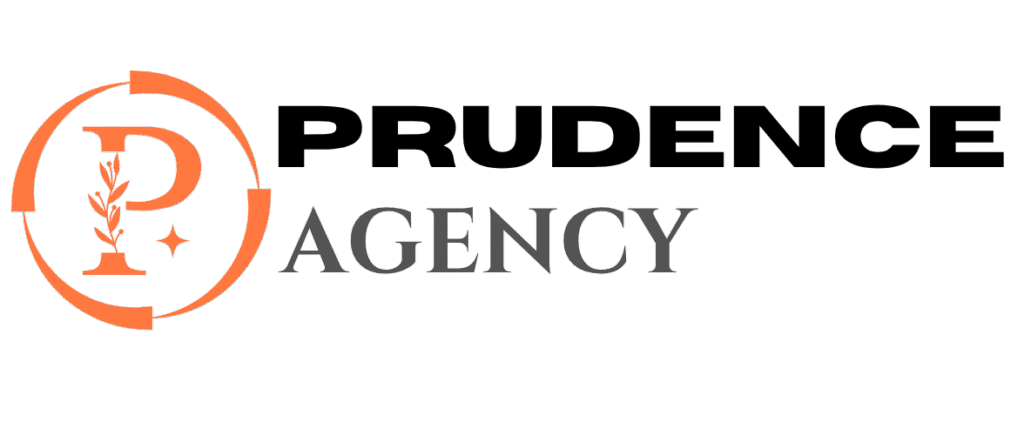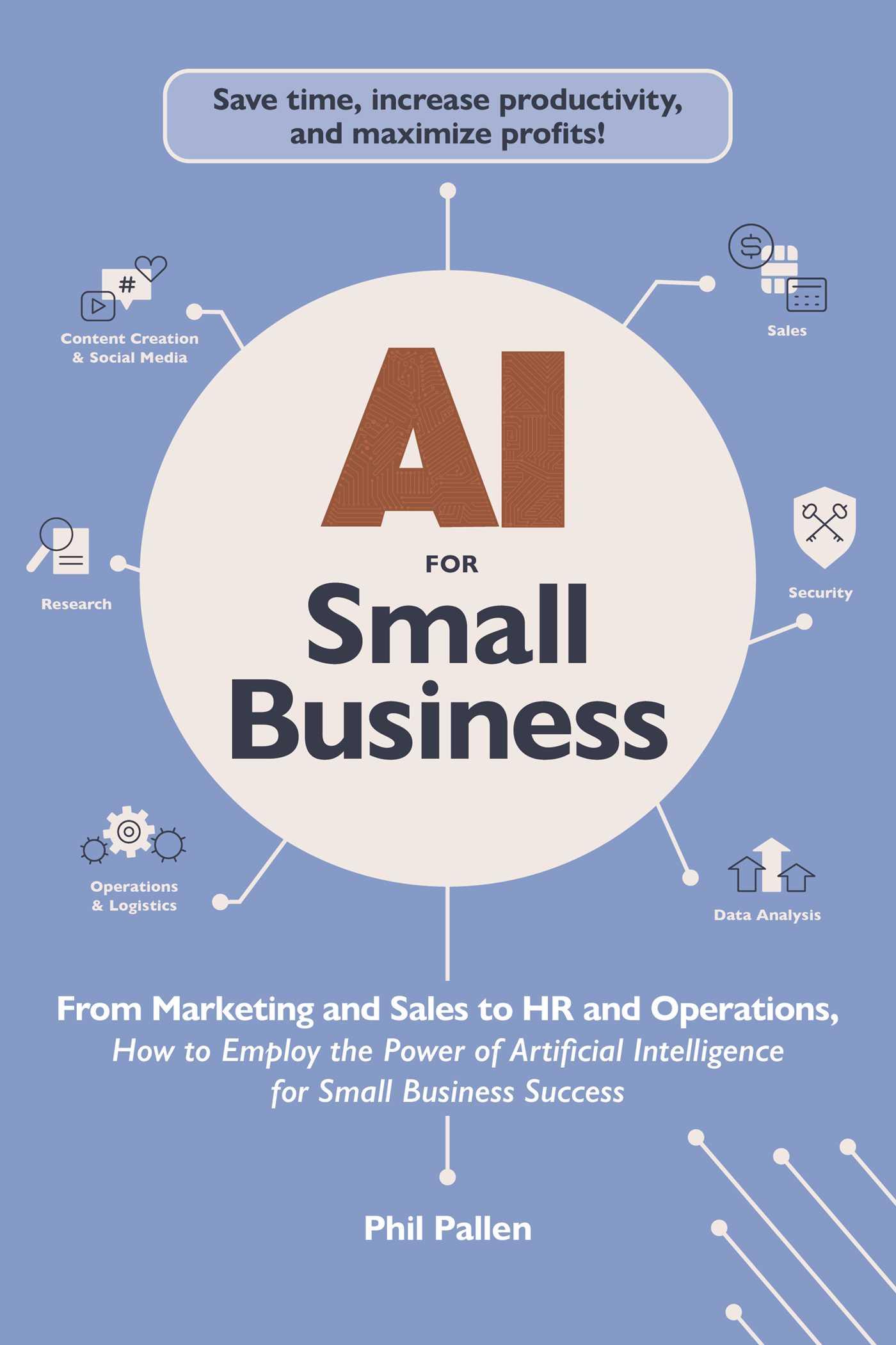Future Trends in AI for Small Businesses – 2024 and Beyond
Artificial intelligence (AI) is no longer a futuristic concept reserved for large corporations. Small businesses around the world are increasingly tapping into AI’s transformative potential to improve efficiency, personalize customer experiences, and drive growth. As we move further into 2024, emerging AI trends for small businesses are reshaping how entrepreneurs operate in competitive markets.
Why Small Businesses Should Embrace AI
Integrating AI solutions can level the playing field for small businesses. Unlike before, modern AI tools are affordable, scalable, and easy to implement without deep technical expertise. Adopting AI technologies empowers small business owners to enjoy benefits like:
- Automated routine tasks to save time
- Data-driven insights to make smarter decisions
- Improved customer engagement through personalization
- Enhanced operational efficiency and cost reduction
- Competitive edge against larger enterprises
Top Future Trends in AI for Small Businesses
1. AI-Powered Customer Support and Chatbots
AI chatbots and virtual assistants are rapidly evolving to provide 24/7 customer support with personalized recommendations. Future AI chatbots will become more conversational, understanding context and emotional tone to resolve queries efficiently, reducing the need for large customer service teams.
2. Predictive Analytics for Decision Making
Small businesses are leveraging predictive analytics to forecast sales, customer behavior, and inventory needs. Advanced AI algorithms can analyze historical and real-time data, enabling smarter marketing campaigns, stock management, and financial planning.
3. Voice Search Optimization and AI Assistants
Voice-activated AI assistants like Google Assistant and Amazon Alexa are influencing customer buying habits. Small businesses that optimize their digital presence for voice search will improve their online visibility and connect with consumers using natural language queries.
4. Automated Marketing and Personalization
AI enables hyper-targeted marketing by analyzing customer data such as browsing behavior and purchase history. Automated campaigns will adapt based on user engagement, delivering personalized content through email, social media, and ads, which increases conversion rates.
5. AI-Driven Inventory and Supply Chain Management
Future small businesses will adopt AI to forecast demand, streamline supply chains, and reduce waste. Smart inventory systems will reorder stock just in time, prevent overstocking, and ensure faster delivery, enhancing customer satisfaction and profitability.
6. Enhanced Financial Management
AI-powered accounting and bookkeeping tools are becoming more intuitive, capable of automating invoicing, expense tracking, and financial forecasting. This allows small business owners to focus on growth rather than tedious manual tasks.
Benefits of AI Adoption for Small Businesses
| Benefit | Impact on Business | Example |
|---|---|---|
| Increased Productivity | Automates repetitive tasks, freeing up employee time | AI chatbots handling customer inquiries |
| Better Customer Experience | Delivers personalized interactions and faster responses | Tailored product recommendations via AI |
| Cost Efficiency | Reduces labor and inventory costs with intelligent automation | Optimized stock management using AI forecasting |
| Data-Driven Decisions | Relies on insights from AI analytics rather than guesswork | Predictive sales forecasting to adjust campaigns |
Practical Tips for Small Businesses Implementing AI
- Start Small: Identify areas where AI can immediately save time or reduce costs.
- Choose User-Friendly Tools: Opt for AI solutions that don’t require technical expertise.
- Train Your Team: Provide basic AI literacy to ensure smooth adoption and maximize impact.
- Leverage Cloud AI Services: Use platforms like Google Cloud AI or Microsoft Azure to avoid costly infrastructure.
- Monitor and Optimize: Regularly review AI outcomes and tweak strategies for continuous improvement.
Real-World Case Study: AI Driving Growth in a Small Retail Business
Consider a small retail store that implemented an AI chatbot for customer support and utilized predictive analytics for inventory management. Within six months, the store saw:
- 30% reduction in customer response time
- 20% decrease in unsold inventory
- 15% increase in repeat purchases through personalized marketing
The AI tools allowed the owners to focus on business expansion while maintaining exceptional customer service without hiring additional staff.
Looking Ahead: How AI Will Shape Small Business Success
As AI technologies continue to mature, small businesses will experience even greater innovation and automation tailored to their needs. Areas such as natural language processing, AI-powered cybersecurity, and augmented reality customer engagement are set to enter mainstream adoption. Staying current with these trends is crucial for small business owners aiming to thrive in a digital-first economy.
Conclusion
The future of AI for small businesses is bright, offering a wealth of opportunities to increase efficiency, improve customer experiences, and boost profitability. By embracing emerging AI trends like chatbots, predictive analytics, voice search optimization, and automated marketing, small businesses can compete more effectively and scale faster. Start integrating AI thoughtfully and strategically to future-proof your business in 2024 and beyond.











